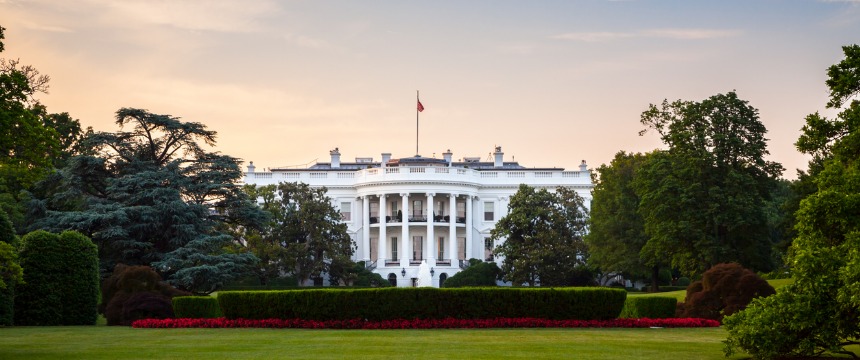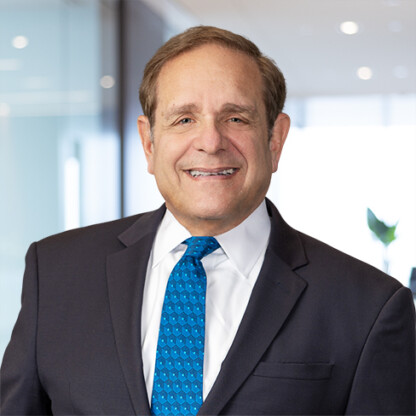Biden Puts Thumbprint on NLRB and Begins to Unwind Trump Board Policies

Last week, recently appointed acting General Counsel of the National Labor Relations Board (NLRB) Peter Ohr withdrew 10 separate guidance memos that were issued by his predecessor Peter Robb (a 2017 Trump appointee). These actions represent the start of the Biden era of labor relations and employers should brace themselves for some pretty significant changes. To understand what is going on at the Board and at what employers should expect in the months to come, it is important to take a step back and understand how the NLRB functions.
As most readers know, the NLRB is the federal government agency that regulates the bulk of private sector labor relations (shipping, railroads and airlines are handled by other agencies). As an “independent” agency, it is not directly controlled by the sitting president in the manner that executive branch cabinet-level agencies like the Department of Labor are. The NLRB has five members, appointed by the president and confirmed by the Senate. The five members essentially act as judge and jury and set the agency’s policies by hearing and issuing opinions in disputed cases. The other critical position at the NLRB is the General Counsel, whom you should think of as both the police (they supervise the regional offices where the investigations occur) and as the prosecution against parties initially found to have violated the act. The General Counsel has significant (and independent from the Board) influence on the country’s labor relations policy by directing the field offices, and issuing policy memos and enforcement guidance.
Because Board member terms are staggered, an incumbent president cannot automatically replace Board members but must wait for their terms to expire. Also, the long-standing custom is that the sitting president’s political party names three seats and the minority party names two. Currently, the Board consists of three Republican members, one Democrat and one vacancy. The next opening occurs in August of this year. Thus, unless a current member quits or dies, newly elected President Biden will not be able to have a Democratic majority in place until at least the second half of the year. Because the Biden administration did not want to wait to put its priorities in place, it took the controversial and almost unprecedented move of firing sitting General Counsel Robb (the Trump appointee and former management-side labor attorney) and skirted the Senate confirmation process by immediately appointing Ohr as “acting” General Counsel. In fact, President Biden made this move within hours of his inauguration on January 20.
Almost immediately, Ohr, who has spent his career at the NLRB, went to work and rescinded 10 different memos issued during the Robb years. The effect of Ohr’s actions makes it easier to prosecute unions for negligent conduct, and increases union reporting and disclosure obligations regarding finances and union dues. He also dropped prosecution of a case seeking to penalize a hotel employer for allegedly aiding a union in organizing activity. General Counsel Ohr has stated he will be issuing other memos setting forth new policies in the near future.
During the Trump years, the NLRB took a decidedly pro-employer turn, undoing many of the pro-labor polices and positions issued during the eight-year Obama presidency. As the actions in the few weeks since January 20 make clear, the Biden administration is wasting no time undoing Trump policies and swinging labor relations policy towards a more pro-union stance. Employers need to stay tuned to see how these developments will affect their workplaces.
